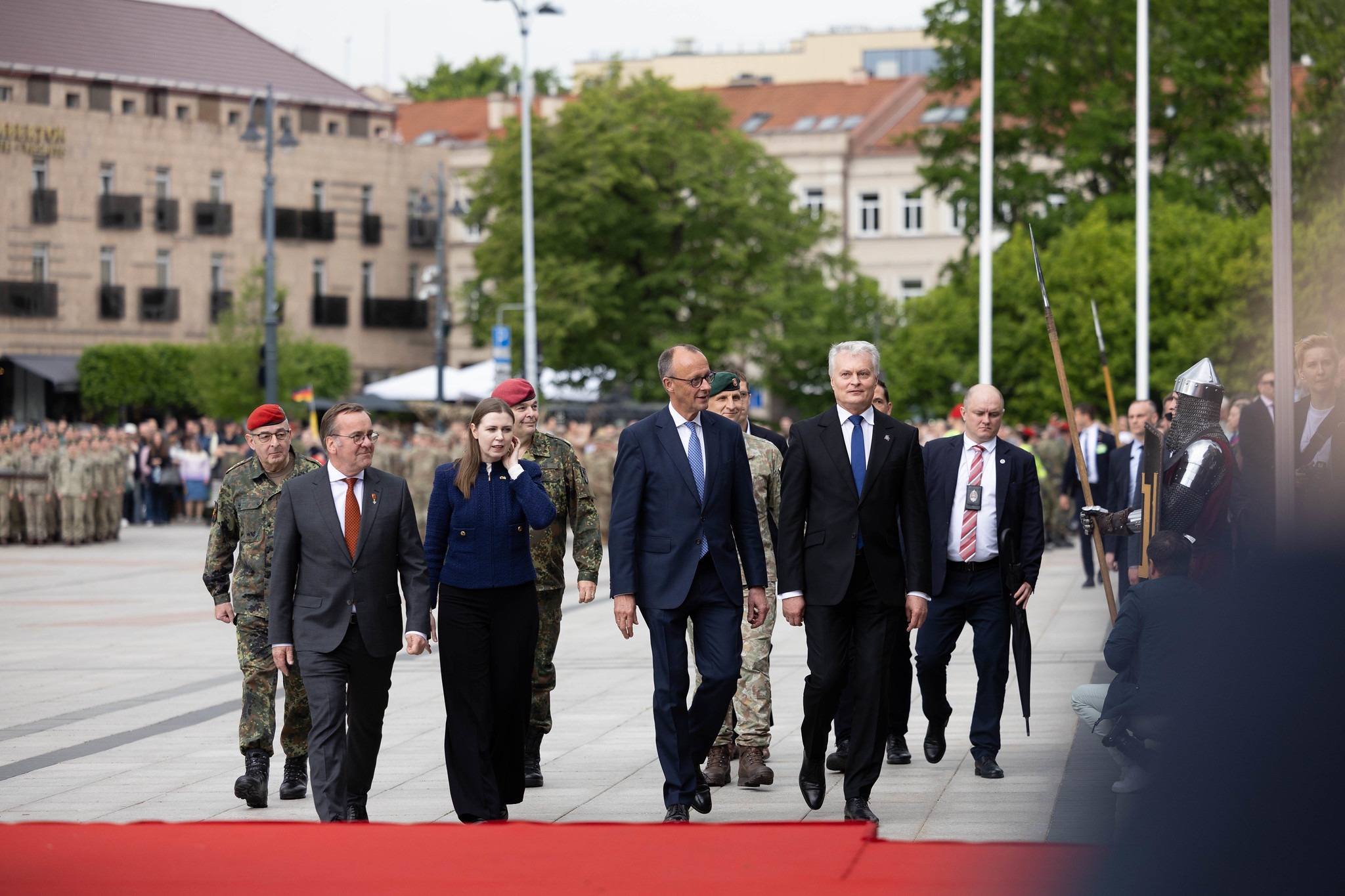Reports
Lithuania Weekly: Kremlin-Aligned Media Amplifies Anti-Ukraine Narratives
Pro-Kremlin voices in Lithuania reignited criticism of Ukraine and Lithuanian foreign policy following a major Ukrainian strike against Russian air forces. Malign actors mocked President Nausėda’s call for continued support to Ukraine and questioned NATO’s reliability, while pushing disinformation about looming civil unrest and vilifying the Lithuanian Riflemen’s Union as a threat to national stability.
Read moreLithuania Monthly: German Brigade Arrival Triggers Wave of Kremlin-Backed Disinformation
The June deployment of Germany’s Panzerbrigade 45 to Lithuania marked a historic NATO milestone—but it quickly became a target for Kremlin-aligned disinformation. Pro-Kremlin media framed the move as foreign occupation, mocked German leadership, and used emotionally charged narratives to erode public trust in NATO. Economic and historical distortions further amplified efforts to undermine Lithuanian sovereignty and Western unity.
Read moreEstonia Weekly: Pro-Kremlin Propaganda Targets Baltic Incidents
Pro-Kremlin commentators have exploited maritime incidents in the Baltic Sea and the testing of an emergency alert system to depict Estonia and NATO as acting in an aggressive manner that endangers regional stability.
Read moreEstonia Weekly: Status of the Orthodox Church Fuels Debate on Discrimination
Estonia's president has decided not to make changes to the law on churches and congregations, but pro-Kremlin social media groups say the decision is for show. Estonia's plans to build a military base in Narva have sparked criticism by pro-Kremlin commentators accusing the government of provoking Russia.
Read moreShowing 17 to 20 of 47 results
Don't miss a story.
We publish stories that change laws, lives, minds and the world. Subscribe to our newsletter to get our investigations delivered to your inbox.



